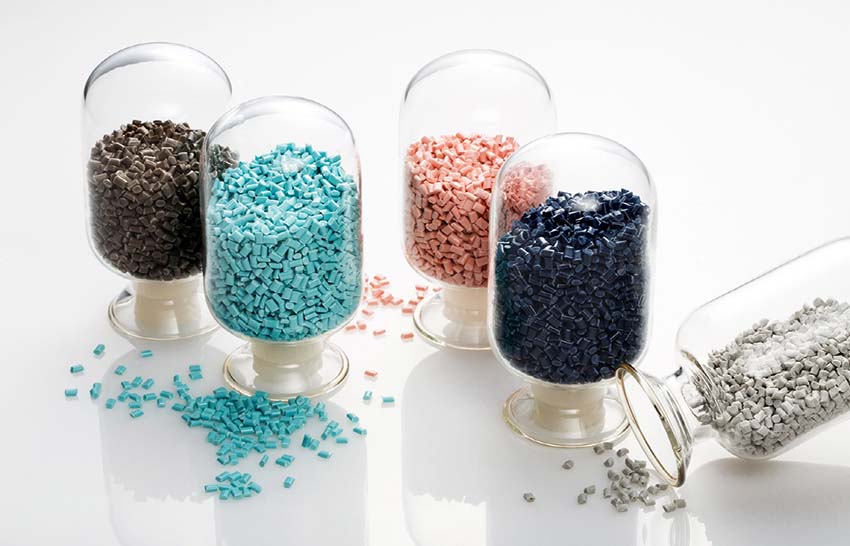LG Chem is launching a new plastic material specially engineered for solar module frames. The company says its material offers similar durability, as well as price competitiveness with aluminum, the most common material for module frames, while dramatically reducing the weight of the module.
The material, named LUPOY EU5201, is a flame retardant plastic material, made by mixing acrylonitrite styrene acrylate with a polycarbonate base, and adding glass fiber to supplement the mechanical properties. The material, according to LG Chem, has a low rate of thermal expansion, meaning it maintains its shape and rigidity even in hot conditions.
The company also says it has been able to engineer strong resistance to ultraviolet rays into the materials, meaning it will not decompose or even start to discolor after years of exposure to strong sunlight. “It has the same level of durability as existing aluminum, but is half the weight and has excellent price competitiveness,” LG Chem said in a statement. “Also, it has excellent dimensional stability that maintains its shape even in temperature changes, so it is not easily deteriorated or deformed by the external environment.”
Lightweight modules
Reducing the weight of a module can make the installation process easier and quicker, as well as reducing shipping costs, which have skyrocketed in recent months. Lighter modules could also open up new areas to PV installation, such as non-load bearing rooftops. “Solar panel frames made of plastic have many advantages that differentiate them from existing frames, such as ease of installation, and therefore has great market potential,” said Steven Kim, leader of LG Chem’s engineering materials division. “Based on the world's best compounding technology, LG Chem plans to lead the rapidly growing solar material market through continuous R&D and investment into mass production capabilities.”
An estimate from the World Bank says that the energy transition will require more aluminum than any other metal, largely thanks to its use in solar module frames. And its production is emissions intensive and will be more difficult to decarbonize than many other sectors.
LG Chem said it has already secured mass production capabilities for its new plastic frame material, without providing details on the location or scale of initial production. The company also says it has infrastructure in place to make use of post-consumer recycled polycarbonate in the frame material, and that it will also review ways to collect the frames at end-of-life and insert them back into the supply chain.
Though it is initially targeting the module frame market for its newly engineered material, LG Chem expects LUPOY EU5201 to find other uses, particularly in the automobile sector.
This content is protected by copyright and may not be reused. If you want to cooperate with us and would like to reuse some of our content, please contact: editors@pv-magazine.com.




Very interesting formulation, I would like to have more details of this product, like temperature minimums and maximums , plus what chemicals distort or displace this product, what is it’s strength compared to aluminum and flexibility .
I would like to know how readily, if at all, this new plastic will be able to be reused or recycled or repurposed, and what toxic hazards it make involve,
and if it can be eaten by bacteria harmlessly to the rest of the food chain.
I agree with Glynne Evans in regards to the recycling the plastic. One of the major problems with used solar panels is the recycling process.
I also agree with Glynne Evans. If this plastic cannot be acceptably recycled, it’s a step backwards, into 20th Century thinking attitudes. The article cites the advantages concerning cost, but it does not include the external costs, which must include the recycling costs, if indeed it can be recycled so that it is erased from the environment.
In addition, the costs compared to aluminum doesn’t not incorporate the new kind of Green Thinking we need to adopt. The 21 Century goal we are shooting for is that virtually all energy will be Green, and so the large amount of electric energy used to make aluminum is not much of an issue concerning carbon footprint and other 20th Century ideas.
Let’s get with it. We know that plastics have devastating effect on the environment, on its flora and fauna and it appears in our bodies. Virtually all plastic manufactured will wind up in the environment and recycling is basically a joke. Not so with aluminum. So in reality, is this plastic really a good idea?